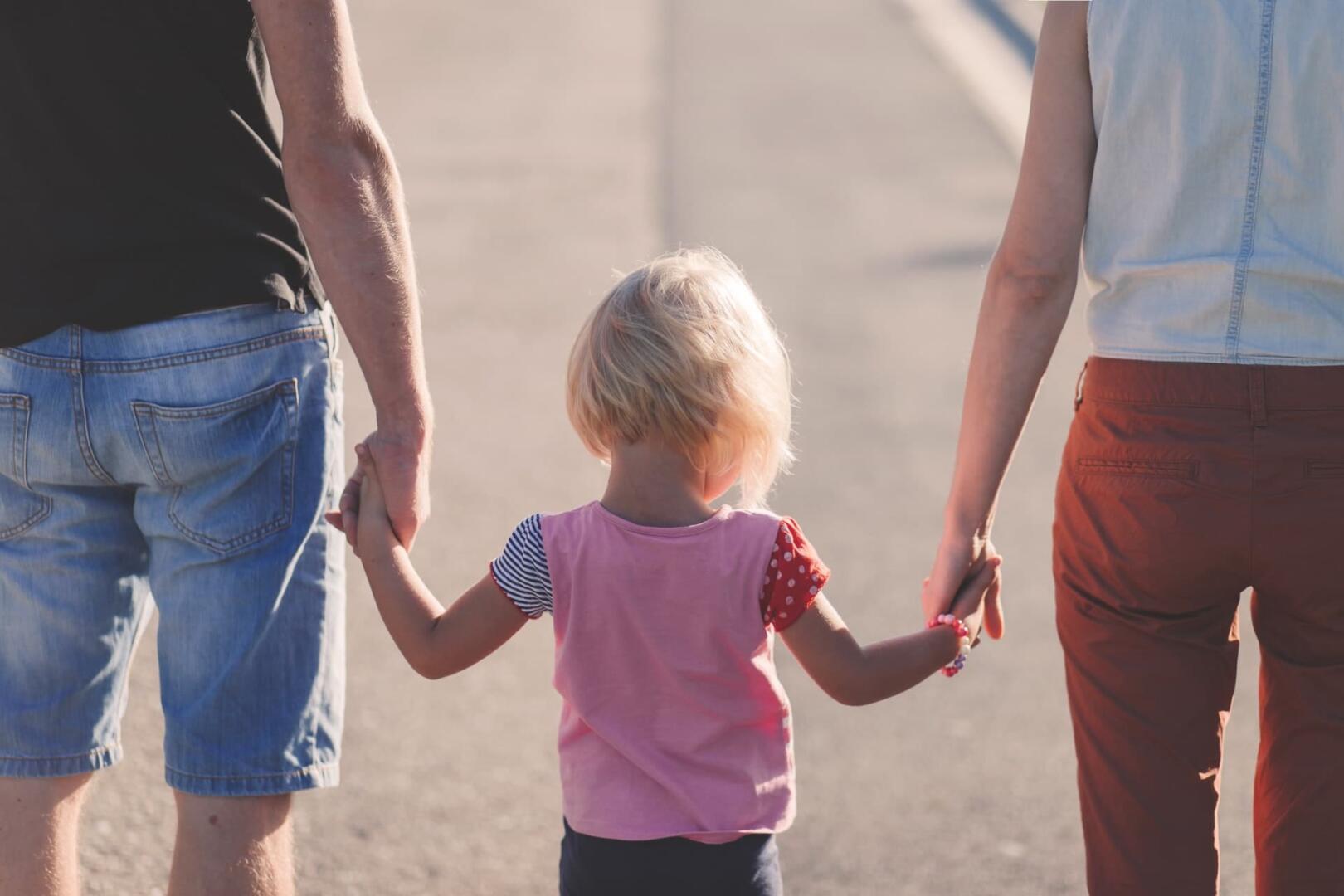It’s widely known that moving home can be one of the most stressful events in our lives. And that’s just for adults. It can be a stressful event for children too – but it can also be exciting.
How your children handle a move is largely up to you. Unfortunately, children tend to focus on their immediate circle of life. Friends that aren’t moving with them, a school they don’t know, new and scary teachers, a change to their bedroom, the garden, clubs, activities…
The younger they are, the more daunting it may be. So, here are five top tips to help your children enjoy a move (and maybe even make it more enjoyable for you, too!).
1. Talk to your children about the move
It doesn’t matter how old they are, talking about a move is a good thing. Okay, so it may mean disconnecting the Wi-Fi briefly … but do ask your children questions, and be prepared with the answers. Include them in everything that’s going on. We’re happy to welcome youngsters in our office, for example, and to help them feel part of the process.

2. Share successes, not stresses
Children are very perceptive. You may not realise how much they’re picking up on your concerns and behaviour – but they are. If something goes well, be excited about it. Young toddlers won’t understand conveyancing, but they will get a buzz if Mum or Dad are excited about the surveys being okay! Conversely, if a house falls through or you run into a hitch … try not to let it be the focus of family-time. Talk about all the good things you’re associating with a move, instead.
3. Give you children a sense of ownership
No matter how young your children are, they’ll always benefit from being involved. Give them a box; a folder; a packing-case – something they can take charge of, and fill with their most precious belongings. For a toddler, that may just be a favourite toy – something they can focus on throughout the move. But for teenagers, it’s about mutual respect (diaries and digital devices) too.
4. Ask their opinions
There are many decisions young children aren’t equipped to make. Even a choice between pizza and fish fingers can be a struggle sometimes. But if you’re asking an opinion, then you’re coming back to a conversation. And that develops a sense of value for you, your child, and the property you’re moving to. Talk about décor, and what they want their new bedroom to be like – it might not be in your budget now, but could you chat about some changes you’ll be making in the short-term? It’s surprising how early children start to have their own opinions.
5. Build some consistency into the move
In among the chaos of moving, and packing boxes carefully so that nothing gets lost … engineer something that’s familiar for your children. It might be bedclothes, a favourite breakfast, a play-date with local buddies, or something else. Maybe you go swimming, or go to a rugby club? Prioritise that date, the week or even the day that you’re moving. It’s not impossible, and that sense of routine and consistency will work wonders in alleviating their concerns. They’re moving house, they’re not leaving everything that’s familiar behind.
Finally, a couple of last thoughts on helping your children to have a stress-free move. Get them involved as soon as you can and, in the week you’re due to move, arrange some time in the ‘new’ neighbourhood. Go and see the new house (it doesn’t have to be a full visit). Drive by, explore the local area, where is the nearest park?
Then – and this may sound strange, but at MAPIO mortgage advisors we know this has been a sure-fire hit with young families – plan your first night in. Make it special. Have a take-away meal, don’t worry about the boxes, but making the kids’ beds is really important to them.
Get ice cream. Sit on the floor. Help them to relax in strange surroundings – make it into an adventure – and talk about the day.
The MAPIO Team
Get ice cream. Sit on the floor. Help them to relax in strange surroundings – make it into an adventure – and talk about the day. Your children will benefit greatly from seeing you relax in your new home (even if you’re worrying about lost boxes!), and it will help them to sleep for the first time in a ‘strange’ place.
Which goes a long, long way to making Day Two a little stressful in your new home!
